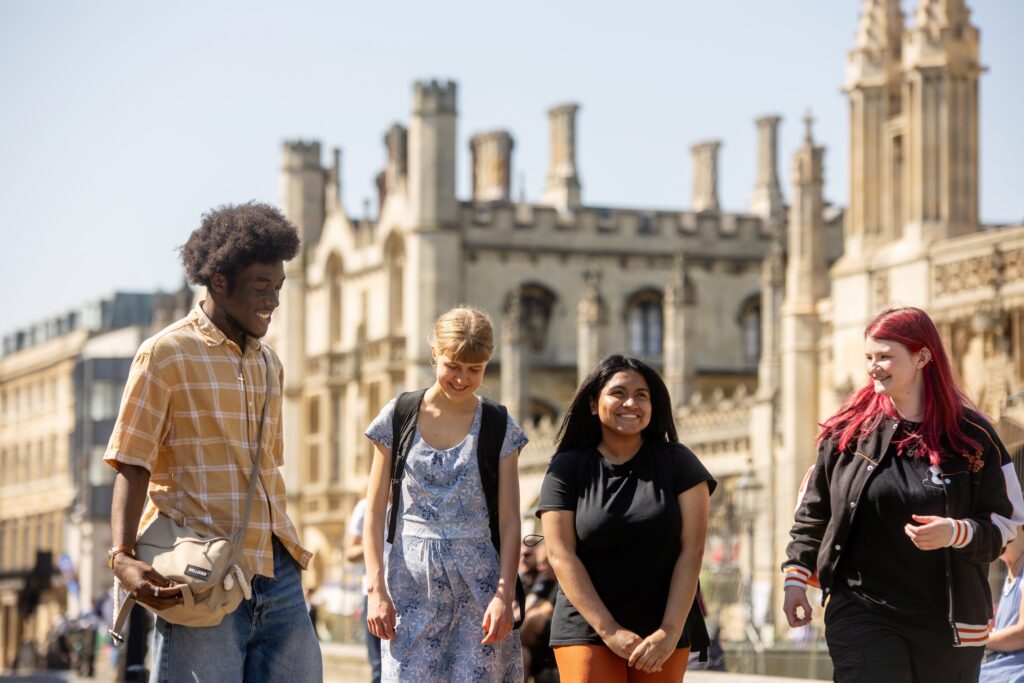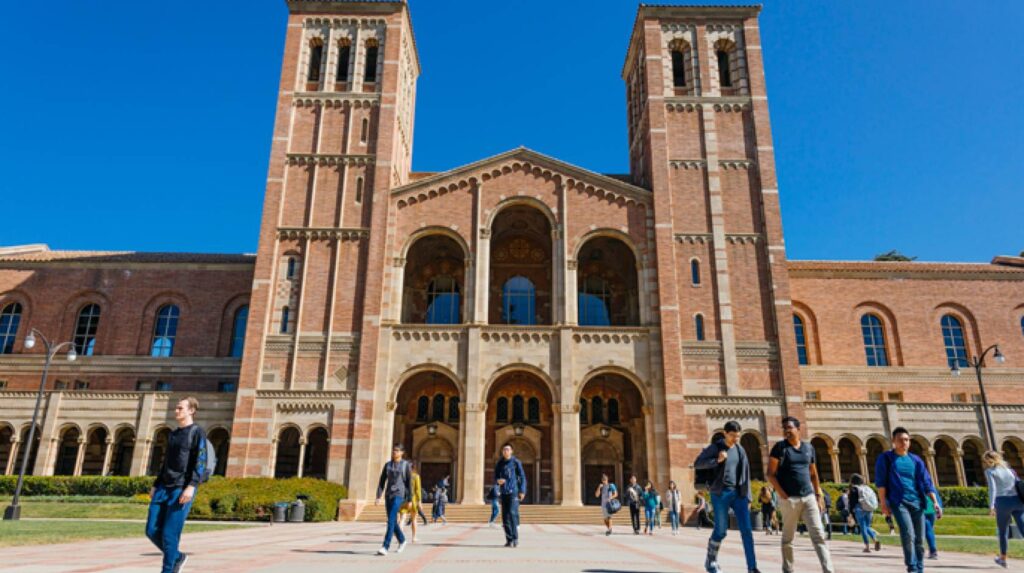Applications are now open for the university of Cambridge 2025-2026 intake, The University of Cambridge, founded in 1209, is one of the world’s oldest and most respected institutions. Located in Cambridge, England, it is famous for academic excellence, groundbreaking research, and traditions that span over 800 years. Cambridge consistently ranks among the top universities worldwide and has produced influential thinkers, Nobel Prize winners, and global leaders.
The university of Cambridge has 31 colleges and more than 150 faculties and departments. Each student belongs to a college, which provides housing, meals, academic mentoring, and social life, creating a supportive community within the larger university.
Ready to apply? Review the eligibility requirements below and send in your application today!
Benefits of studying in Cambridge
Academic & Career Benefits
- Globally Respected Degrees: A Cambridge qualification carries international prestige and opens doors to careers worldwide.
- Expert Faculty: Students are taught by leading scholars who are actively shaping knowledge in their fields.
- Research Excellence: Cambridge leads in global research across sciences, technology, arts, and humanities.
- Career Support: Strong alumni and industry networks provide internships, mentoring, and job opportunities.
Campus Life & Community
- College Belonging: Every student is part of a college community with tailored academic and social support.
- Student Societies: Over 700 clubs and societies encourage involvement in sports, arts, debate, entrepreneurship, and culture.
- Diverse Environment: Cambridge welcomes students from more than 140 countries, enriching the student experience.
- Traditions Meets Innovation: From May Balls to high-tech labs, Cambridge blends history with modern opportunities.
Location & Facilities
- Historic City: Cambridge is a beautiful, student-centered city filled with historic buildings, museums, and libraries.
- Close to London: Just under an hour away, London provides access to internships, culture, and career prospects.
World-Class Resources: Students have access to leading laboratories, modern facilities, and one of the largest university libraries in the world.
Admissions & Requirements
Cambridge seeks students with strong academic achievement and intellectual curiosity.
- Grades: Typically A*AA at A-level, 40–42 points in IB with 7,7,6 at Higher Level, or equivalent international qualifications.
- Subject Prerequisites: Some courses (e.g., Medicine, Engineering, Law) require specific subjects like Maths, Sciences, or English.
- Admissions Tests: Depending on the course, students may need to sit tests such as BMAT, ENGAA, TMUA, or LNAT.
- Written Work: Certain courses require submission of written essays to demonstrate critical thinking and analysis.
Application Components
- Academic transcript
- UCAS personal statement
- References (academic recommendation)
- Admissions test results (if required)
- Written work (for some courses)
- Interview
Methods of Application
Applying to Cambridge involves several steps:
- Apply through UCAS
- Submit your application by October 15 (earlier than most UK universities).
- Choose one course and one Cambridge college (or make an open application if undecided).
- Submit your application by October 15 (earlier than most UK universities).
- Complete the Supplementary Application Questionnaire (SAQ)
- After applying via UCAS, you’ll receive a link to complete Cambridge’s SAQ for additional details.
- After applying via UCAS, you’ll receive a link to complete Cambridge’s SAQ for additional details.
- Provide Supporting Documents
- Academic transcripts and exam records
- Predicted grades (if still in school)
- Written work (if required by your subject)
- Academic transcripts and exam records
- Take Admissions Assessments
- Depending on the subject, you may sit a pre-interview or at-interview test.
- Depending on the subject, you may sit a pre-interview or at-interview test.
- Attend an Interview
- Shortlisted candidates are invited to one or more interviews, often subject-focused, testing problem-solving and academic potential.
- Shortlisted candidates are invited to one or more interviews, often subject-focused, testing problem-solving and academic potential.
- Receive Decision Offers are conditional (based on final exam results) or unconditional for those who already meet requirements.





